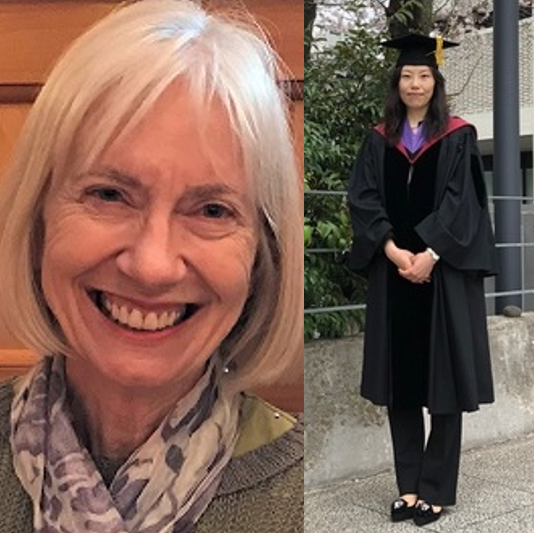This study queries newcomer migrant labor in Japan, from the perspectives of various stakeholders: the government, farmers and other employers, and local communities. Migrant labor schemes have existed in Japan under the guise of homeland visitation (Brazilian Japanese workers since 1990) and ‘Technical Interns and Trainees’ (TITP, widely understood as short-term workers in the guise of ‘training’, since 1993). The latest scheme, however, is a genuine ‘front-door’ short-term labor scheme. Former Prime Minister Abe insisted strongly and repeatedly that this is not a move toward opening the country for immigration. How do the stakeholders see it? What sort of social inclusion, if any, do they envision for these newcomer migrant workers? Do local communities see these workers as desirable or as threats, and to what extent do they influence how the labor schemes are operated? How is the new system coordinated in tandem with TITP? We seek to answer these questions from our initial fieldwork in Aichi and Kyoto prefectures in 2019 and 2020, tracing from pre-to post-inception of the new scheme.
Glenda S. Roberts obtained her PhD in Anthropology from Cornell University in 1986. After holding research and academic positions in Honolulu from 1988, she has lived and worked in Japan since 1996, first at the University of Tokyo Institute of Social Sciences, and then, from 1998 to the present, at the Graduate School of Asia-Pacific Studies of Waseda University, where she is Professor. Her major areas of research are on gender, work, family, and migration policy in contemporary Japan. Her most recent works on migration include, with L. Lessard-Phillips and J. Phillimore, “Policy and politics of migration post-1945,” IRiS Working Paper Series, No. 34/2019. University of Birmingham NODE 2019, https://superdiversity.files.wordpress.com/2019/11/iris-node-wp-3-2019.pdf and “An Immigration Policy by any other name: Semantics of Immigration to Japan.” Social Science Japan Journal, Volume 21, Issue 1, 19 January 2018, Pages 89-103. https://doi.org/10.1093/ssjj/jyx033. She is the former President of the Society for East Asian Anthropology of the American Anthropological Association. She also served on the 6th and 7th Deliberative Councils for Immigration Control Policy, Ministry of Justice, Japan, ending in 2020.
Noriko Fujita, Ph.D., is Researcher at Waseda University Institute for Asia-Pacific Studies and Lecturer at Osaka University of Economics. She can be reached at noriko.kutsuna@toki.waseda.jp. Her ethnographic research focuses on gender, labor, and family in contemporary Japan, as well as migrant policy for new comer foreign workers and their conditions of social inclusion in Japan. Her publications include articles, “Corporate Transfers for Dual-Career Couples: From Gendered Tenkin to Gender-Equal Negotiations?” (Social Science Japan Journal, 24 (1) [2021]: pp. 163-83) and “Tenkin, New Marital Relationships, Women’s Challenges in Employment and Family” (U.S.-Japan Women’s Journal, 50 [2016]: pp. 115-35). Her latest studies focus on two different phenomena which show signs of change in contemporary Japanese society. One is short-term migration to the agricultural industry. The other is an increase of Japanese families who are living with pets including dogs and cats. She seeks to answer why and how these phenomena occur through qualitative research of actors and various stakeholders. With these diverse approaches, she also attempts to imagine the future of Japanese society.
Monday, 2pm-3pm (CEST), 9pm-10pm (JST), 8am-9am (EDT)
The lecture will be conducted via Zoom. You are kindly requested to register with Zoom in advance.
Join Zoom Meeting
https://lmu-munich.zoom.us/j/92309246995?pwd=S0JXVXQrNS9ZR3dxdmFWNE5CZDVpdz09
Meeting ID: 923 0924 6995
Passcode: 356365
